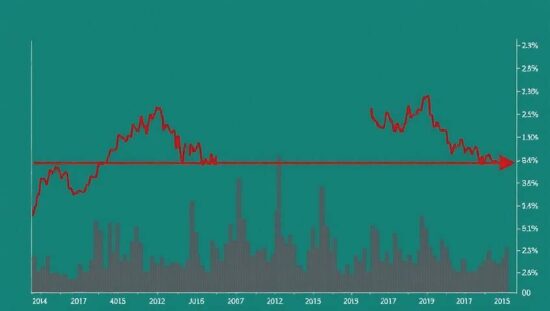The Dax index opened on Tuesday with a loss, calculated at around 21,340 points, a 0.4% decline from the previous day’s close.
Contrary to the trend, Infineon led the list of gainers, surging by over 10%. The semiconductor manufacturer had previously revised its 2025 annual targets upward and also reported a lower-than-expected decline in sales for the last quarter.
Rheinmetall and Symrise followed, while the strongest declines were seen in Vonovia, Fresenius and Mercedes-Benz.
“The tariffs against Mexico and Canada may be delayed, but the uncertainty remains high” said Thomas Altmann of QC Partners. “At the moment, it’s unclear how the situation will unfold. Whether the tariffs will actually take effect in 30 days or if Donald Trump will secure further concessions from the two neighboring countries before then, remains to be seen.”
“Consequently, it’s still too early for the EU to breathe a sigh of relief” Altmann added. “US tariffs could still be implemented at any moment. As a result, investors should be prepared for heightened volatility. As long as the tariff issue remains in limbo, it will be challenging for the markets to find a clear direction” the market expert said.
Although the previous trading day was the weakest so far this year, the Dax index is still within reach of its record high. The unusually high trading volume yesterday, however, shows that the uncertainty is extremely high in this region as well.
The European common currency was slightly weaker at the morning market, with one euro costing 1.0328 US dollars and one dollar being worth 0.9682 euros.
Meanwhile, the oil price declined, with a barrel of Brent crude selling for around 75.21 US dollars at 9 a.m. German time, a decline of 75 cents or 1.0% from the previous day’s close.





